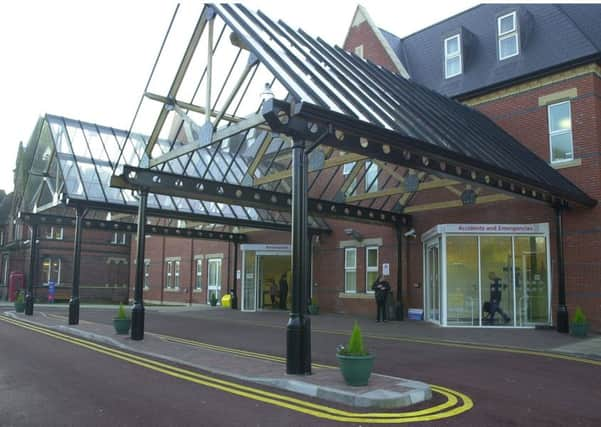Drugs, money and a vending machine stolen from hospitals


Data released under Freedom of Information rules show that between 2013 and 2015, strong medication had been stolen from Wrightington, Wigan and Leigh (WWL) NHS Foundation Trust for misuse seven times.
Last year, thieves struck nine times at its hospitals, stealing money from two patients, a pay and display machine in the grounds and even wheeling a 7ft tall drinks machine out of a ward.
Advertisement
Hide AdAdvertisement
Hide AdPatients also reported sweets and a purse missing, while staff called police when a projector and medical waste bins were taken by opportunist pilferers. Of these items, only the vending machine was recovered. In 2014, 14 thefts occurred, which included five separate incidents of controlled drugs’ being taken.
Money was stolen four times from patients and those undergoing hospital treatment also reported a watch, mobile phone and other personal belongings going missing.
Keys, a purse and a work bag were stolen from staff while thieves dismantled and removed work equipment.
None of these items was recovered.
And in 2013, controlled substances and a trust vehicle were taken, with only the latter found and returned to the hospital.
Advertisement
Hide AdAdvertisement
Hide AdA spokesman for WWL NHS Foundation Trust said it takes the loss of medication very seriously and has robust measures in place to ensure they are fully secured.
Mike Parks, chief pharmacist at WWL, said: “Any loss of controlled drugs within WWL is fully investigated and appropriate action is taken.
“Unfortunately, we cannot disclose what measures we have in place to prevent this happening publicly, as this would be a breach of security.
“We believe that if we placed this information in the public domain, it would increase the likelihood of theft from our hospitals.
“Maintaining a secure drug stock is vital to the on-going operations of the trust and the duty of care to our patients.”